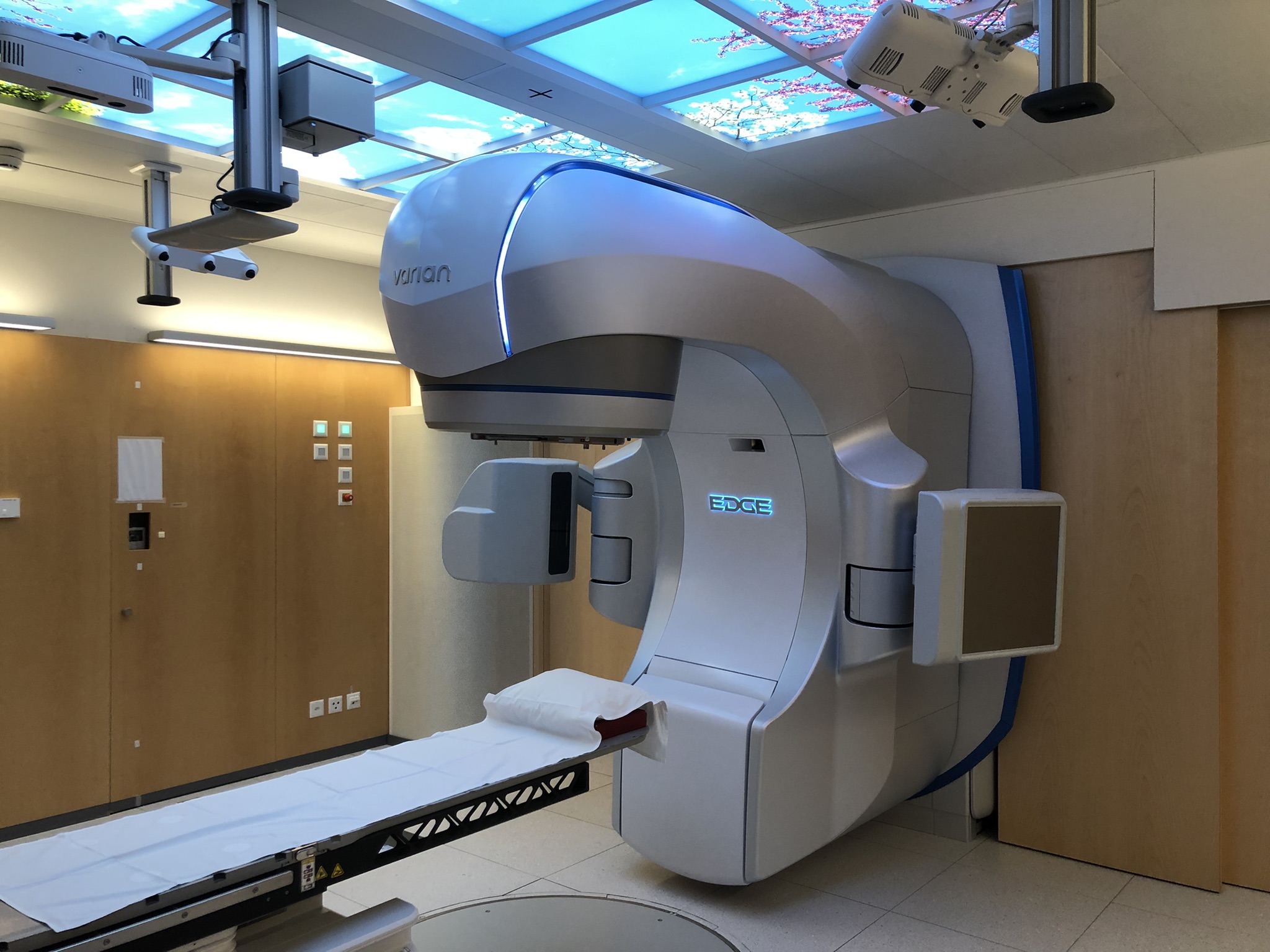Swiss prices give me indigestion
May 4, 2013, 13 Comments
Headache pills and indigestion tablets. Expensive enough to cause the problem rather than cure it. These tablets don’t need a prescription from the doctor so you can buy them over the counter but in Switzerland you have to go to a pharmacy. They aren’t on sale in supermarkets, kiosks and petrol stations like they are elsewhere. All that means is higher prices. Bad for the consumer, great for the chemists and drug companies.
Let’s look at some prices in some comparable shops in Switzerland and Britain (ie not the cheapest UK supermarkets), noting that the exchange rate is about £1 = 1.50 francs at the moment:
Rennie. In Boots in the UK: 24 tablets for £2.10 (or roughly 9p per tablet). In Müller in Switzerland: 9.40 francs for 36 tablets (or roughly 26 rappen per tablet), which should be cheaper as it’s a bigger pack.
The British Rennie are about 13 rappen each, or half the price of the Swiss ones. For the same thing.
Paracetamol (500mg each), generic no-brand. In Boots: 16p for 16 tablets. In Müller: 5.30 fr for 20 tablets. That makes 1.5 rappen per pill in Britain, and 26 rappen each in Switzerland.
Swiss consumers pay 17 times the price charged in the UK. Daylight robbery.
Ibuprofen. In Boots Nurofen (leading brand): 24 pills for £3.05. In Müller (Algifor brand): 10.70 fr for 10 pills. The Swiss pills are twice as strong (400mg not 200mg) but far more the twice the price.
Two British pills cost 26p (or 39 rappen); one stronger Swiss pill costs 1.07 fr. Almost three times the price.
Even for cheaper non-brand ibuprofen, the British pills are 26 rappen for 400mg and the Swiss 69 rappen for 400mg. Still hugely overpriced. The higher overheads in Switzerland can’t possibly justify such price differences.
The pharma industry in Switzerland (from drug companies to chemists) wants you to believe that you need ‘proper advice’ before buying these pills. Rubbish. As is the ‘advice’, which is usually along the lines of: Is it for you? Have you taken them before? Answer yes to both and you get the pills. And for that you have to pay through the nose.
Yes, paracetamol can be dangerous, which is why in non-chemist outlets in the UK you can only buy two packets at a time and have to be age-checked. But the ‘advice’ given in Swiss pharmacies is so useless that it’s merely a cover to justify maintaining a monopolistic cartel that benefits everyone except the consumer. Do you really need a woman in white coat to ask you fatuous questions before selling you overpriced indigestion tablets? No.
Of course it’s all about money not patient care. In 2010 86 million packets of over-the-counter medicines (ie no prescription needed) were sold in Switzerland. That’s worth over one billion francs. And three-quarters of the market was taken by chemists and pharmacies. The other quarter was split between doctors and hospitals, who are allowed to sell medicines direct to their patients.
No wonder the pharmacies want to keep hold of their monopoly. And are scared of competition.
And that’s why I buy all such medicines in Britain. If I thought for one moment that the extra cost of buying them here was justified in terms of advice, service or patient care, I would think again. But it’s not about the consumer – pharmacies are here to make money. Perhaps that’s why there are so many of them in Switzerland.












 Follow on Facebook
Follow on Facebook Follow on Twitter
Follow on Twitter Subscribe by RSS
Subscribe by RSS Contact me directly
Contact me directly Global Solutions Inc.
Global Solutions Inc.
13 Comments on "Swiss prices give me indigestion"
I think that you will find that both the cost of the commercial land for those pharmacies, as well as the wages of those that serve you with a friendly smile behind the counter are at least double if not more of their counterparts in the UK. On top of that they have very stiff competition from 22% of expats complaining all of the time about the prices and shopping overseas. We gain many benefits in the country by having almost the highest average wages in the world… Happy people who can have reasonable lives from working in a shop, lower crime, better economy. Look at the big picture and support your local Swiss shop and economy. Even better, ask why and dig down into the math and economy of why the tablets are more expensive and show us the big picture with some good investigative reporting and excellent writing that we know you are capable of.
On this I have to disagree with you Colin. When it comes to fruit, vegetables, meat, furniture, handicrafts etc I always try to buy Swiss where possible (eg not bananas) and will happily pay more to support Swiss farmers, manufacturers and retailers. But with an industry and retail sector that refuses to allow competition, that takes its customers for granted and simply charges more because it can legally, then there’s no reason for me to pay inflated prices. There are many pharmacies in Switzerland that probably survive because of an outdated and unfair model of customer service and pricing. It’s time that changed – it’s called a free market for a reason. This is about consumer choice, or lack thereof. Until the pharma industry as a whole wakes up and realises that it is driving consumers away, then nothing will change. Bleating about ‘Please support us’ when they do nothing in return except steal our money doesn’t wash with me. Part of the problem, of course, is industry-imposed prices, with many of the producers being huge multinationals who couldn’t give two hoots about Swiss consumers. It’s up to the Swiss to liberalise their own market, as has happened in other countries. This is a direct democracy after all.
Spot on Diccon!
The pharmacy monopoly … better to call it a stranglehold … is a small scandal.
The only thing you’ll find on the medical section of Swiss supermarket shelves are sticking plasters.
The pharmacies have control over everything else, can set whatever price they want, and they do. But it’s the same in France, too.
As a result, in both countries there are an unbelievable number of pharmacies per square metre of town centre, all flashing their green signs at you. I live in a smallish town between Geneva and Lausanne and I think there are more pharmacies than any other type of shop. Some only a few doors apart.
Makes it look like a country of hypochondriacs.
I spent a couple of months in Scotland last year and being Swiss I was pretty shocked finding meds in supermarkets. I just don’t like the idea, I find it dangerous and irresponsible.
As an adult, I should be able to decide to buy painkillers for a headache or tablets for indigestion without having ‘medical advice’ in a pharmacy. We are not talking about antibiotics or prescription drugs, or really ‘dangerous’ meds. Not forgetting that the ‘advice’ given is often nothing more than a couple of basic questions. It’s nothing to do with responsibility, it’s just a scam to make more money.
In every issue of the Swiss consumer magazine “Saldo”, there’s an article in the series “Leben im Ausland” (Life abroad) which I find very interesting: it gives the average income of a few exemplary occupations (e.g. grocery salesperson, primary school teacher, physician in a hospital…), the cost of convenience goods and the rent for a 4 rooms flat in a particular city. And everytime I read this, I think: Man, what a good life we have in Switzerland! Many articles are cheaper in other countries, but then also the wages are much lower. For example, the city in the current issue is Baia Mare, Romania. The milk is just a bit cheaper there than in Switzerland , coffee beans are approx. half the price, and the rent for a 4 rooms flat is 245 francs… BUT: the monthly wage of a grocery salesperson is 230 francs! A bank clerk? 600 francs! If you set the prices of goods in relation to these wages, and compare the prices of goods to wages in Switzerland, we live very comfortable here indeed, and the price of paracetamol or aspirin doesn’t bother me at all. By the way, according to Saldo, 10 tablets of aspirin are 5.55 francs in Romania… And Romania isn’t an unusual example.
Well …. if its any consolation . The prices we ( US ) pay for prescription drugs is double to five times the amount you’d pay in CH … not to mention the higher cost of a MD visit just to get those prescription drugs : and don’t even get me started on the US prices of a hospital stay in comparison . But on the OTC products …. Yippes !!! The UK prices are steep enough ( US – 1000 count 200mg $19.99 ) …. but those CH prices ….. migraines and indigestion might just be the early symptoms of paying those kinds of tariffs
…. post should of read Ibuprofen 1000 count 200mg $19.99 in the US
In contrast, though, you pay high amounts for health insurance here in CH. In the US as a healthy Young 20 something I had nearly free health insurance through my job. Here we pay nearly 500 francs per month for a family of 3.
And I’m not sure that prescriptions are actually cheaper here. My prenatal vitamins cost 70 CHF for 100.
I’m a Swiss national who’s just returned from the UK after 31 years, and when it comes to easy access to basic medication it’s like arriving in Jurassic Park. I just can’t believe how inaccessible and prohibitive all things medical are here.
Trackbacks for this post